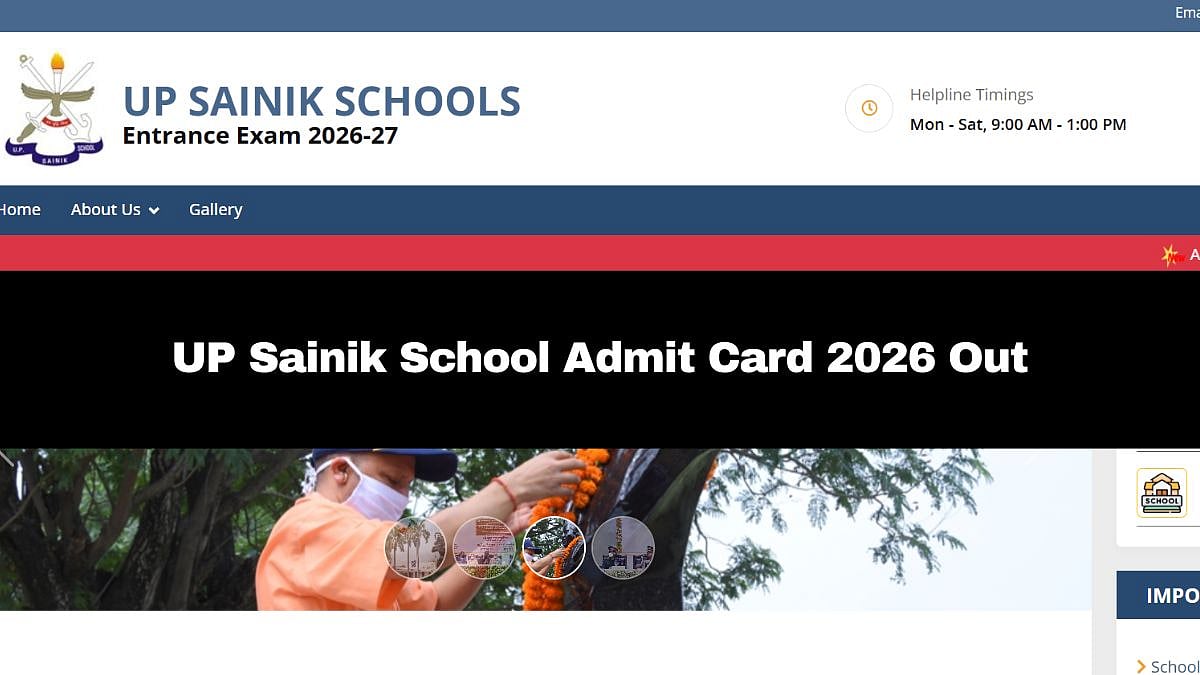New Delhi: Over 50 per cent of higher education institutions (HEIs) in India are using generative AI to develop learning materials while 60 per cent of them are permitting student use of AI tools, according to a new report based on a survey of 30 leading HEIs.
Details
The report released by Ernst and Young-Parthenon, in collaboration with FICCI, titled "Future-Ready Campuses: Unlocking the Power of AI in Higher Education" found that over 56 per cent of Indian HEIs have already implemented AI-related policies, with 40 per cent deploying AI-powered tutoring systems and chatbots.
The report is based on a survey of 30 leading HEIs across India, examining AI adoption across core academic and operational functions- examining usage patterns, governance readiness, curriculum innovation, and faculty development. It introduces a diagnostic maturity model and an actionable roadmap to accelerate system-wide adoption of Artificial Intelligence.
"Over half of HEIs (53 per cent) are using generative AI to develop learning materials, while 40 per cent are deploying AI-powered tutoring systems and chatbots. A further 39 per cent have introduced adaptive learning platforms and 38 per cent are leveraging AI for automated grading.
"Atleast 60 pc of the HEIs are permitting use of AI tools. These findings highlight how AI is already impacting curriculum design, assessment models and classroom engagement strategies," the report said.
Across the teaching and learning landscape, AI is being deployed for diverse applications, including adaptive tutoring, automated grading, plagiarism detection, curriculum design and career guidance.
Generative AI tools for creating teaching materials, AI-powered tutoring or chatbots and personalised adaptive learning systems are emerging as the top use cases, according to the survey report.
"While classroom-level risks primarily fall within teaching, learning and assessment, the use of AI tools also raises significant questions of data governance. Many AI platforms rely on student submissions, engagement patterns, or biometric information for functionality.
"Improper handling of such data can expose institutions to breaches of privacy, regulatory penalties and reputational harm. Unlike classroom practices, these risks are best addressed at the institutional level, through contracts with technology providers, compliance mechanisms and centralised governance structures. Faculty policies should align with these safeguards but not be burdened by them," it said.
The report also highlighted the importance of embedding foundational AI literacy across programmes to ensure all students, regardless of discipline, develop a baseline competence encompassing a grasp of core AI concepts, ethical awareness, digital skills, critical thinking and familiarity with practical applications.
In STEM disciplines, this also involves integrating advanced AI content such as machine learning, natural language processing and robotics into core curricula, equipping graduates with specialised technical expertise.
"To unlock the full potential of AI, India must move beyond experimentation to scale -- by integrating AI tools across teaching and campus operations, embedding AI literacy across subjects, investing in robust digital infrastructure, and strengthening faculty capacity and governance frameworks.
"These steps will help position India's higher education system at the forefront of AI-enabled knowledge and innovation worldwide," said Avantika Tomar, Partner and Education Sector Leader, EY-Parthenon India.
EY-Parthenon is a brand under which a number of EY member firms across the globe provide strategy consulting services. EY-Parthenon teams work with clients to navigate complexity by helping them to reimagine their eco-systems, reshape their portfolios and reinvent themselves for a better future.
The report underscores that increased student interaction with AI must be supported by clear classroom policies, thoughtful curriculum design and updated institutional governance frameworks. The report also flagged that progress across critical enablers -- including technology capabilities and faculty readiness for AI integration -- remains uneven.
(Except for the headline, this article has not been edited by FPJ's editorial team and is auto-generated from an agency feed.)












